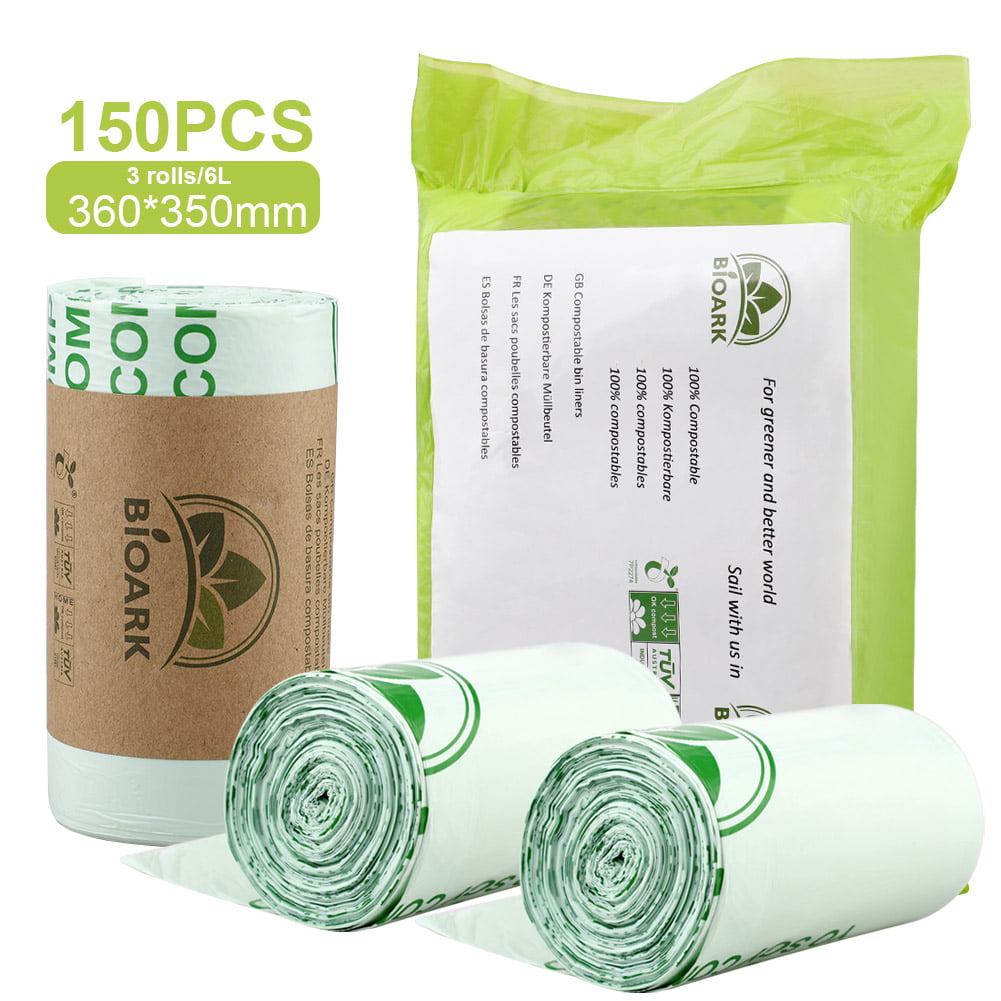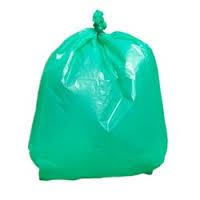

Their ubiquity has caused many communities to ban them or charge fees at the grocery store for their continued use. Although grocery bags vary in thickness, most are made from varying densities of polyethylene, so they degrade just as slowly as traditional plastic trash bags. Many of us reuse thin plastic two-gallon grocery bags for smaller bathroom and bedroom garbage cans in our home. Using these bags is certainly better than traditional plastic trash bags, but if you can afford a few more cents per bag, try some of the other bags marked 100% compostable that don’t need EPI additives. So, they’re considered 100% compostable in municipal and industrial facilities. They’re also more easily broken down by organisms capable of degrading bioplastics.Īlthough it was difficult to find the exact ingredients of these bags, they are ASTM-D6400-certified and marked BPI-Certified like the Stout EcoSafe-6400 brand. These additives make the plastic-based bag degrade more easily in response to heat, oxidation, sunlight, and mechanical stress like crushing.

(EPI) chemical additives that speed up the degradation of plastics. The company can sell its bags more affordably because in addition to some plant-based ingredients, they employ Environmental Products, Inc. Reli BioGrade biodegradable trash bags run about seven to ten cents cheaper per bag on average for the 13-gallon kitchen bag. Making environmentally-conscious choices isn’t always easy on the pocket book. Composting Council.Įnvision is also unique in that it earns government contracts under the AbilityOne program to employ hundreds of blind and visually-impaired individuals across all levels within the organization.

The "6400" refers to the American Society of Testing and Materials (ASTM) standard D6400, which ensures that the bags are made from compostable plastics that biodegrade at a rate comparable to compostable materials in municipal and industrial composting facilities. The manufacturer claims these bags will degrade in 10 to 45 days depending on conditions and in less than six months in commercial composting facilities. You can also buy them in quantity to save money. This bag comes in multiple capacities from 2.5 gallons to 64 gallons, and in both 0.85 and 1.1 millimeter thicknesses. Stout by Envision’s EcoSafe-6400 Compostable bags earned the overall spot because they are fully compostable, BPI-certified, widely available, made in the United States, and sturdy too. When you’re ready to make the switch, here are a few of best biodegradable and compostable trash bags on the market today. Despite the imperfections, you can support the improvement of the market and evolving technology by putting your consumer vote (your dollars) behind alternatives to petroleum-based plastic products. Users also complain that they have more seam failures, punctures, and spills than polyethylene bags. Most are thinner and less stretchy than traditional bags, meaning they’ll hold less and you might use more per year. The materials, expense, and sturdiness of this type of bag varies widely by manufacturer. Made from bioplastics, these garbage bags aren't a perfect solution, but for many people, they're a step in the right direction. These bags have been proposed as an alternative to conventional plastic bags, so that trash that end up in landfills breaks down more quickly, while we also work to avoid the waste, recycle and reuse. The number of biodegradable and compostable trash bags has expanded significantly in recent years.


 0 kommentar(er)
0 kommentar(er)
